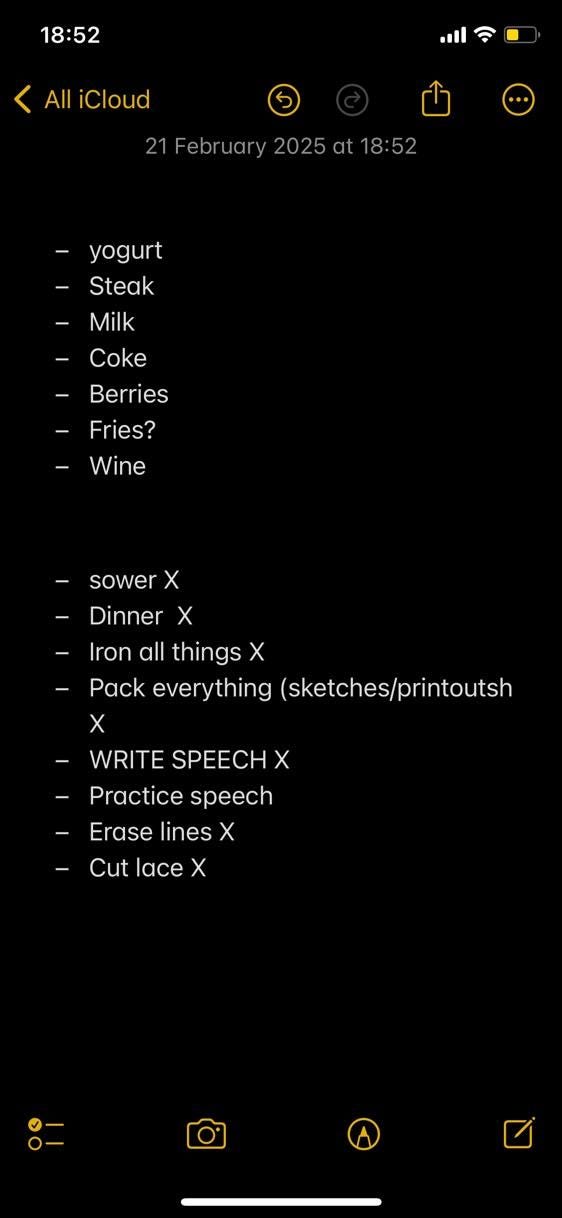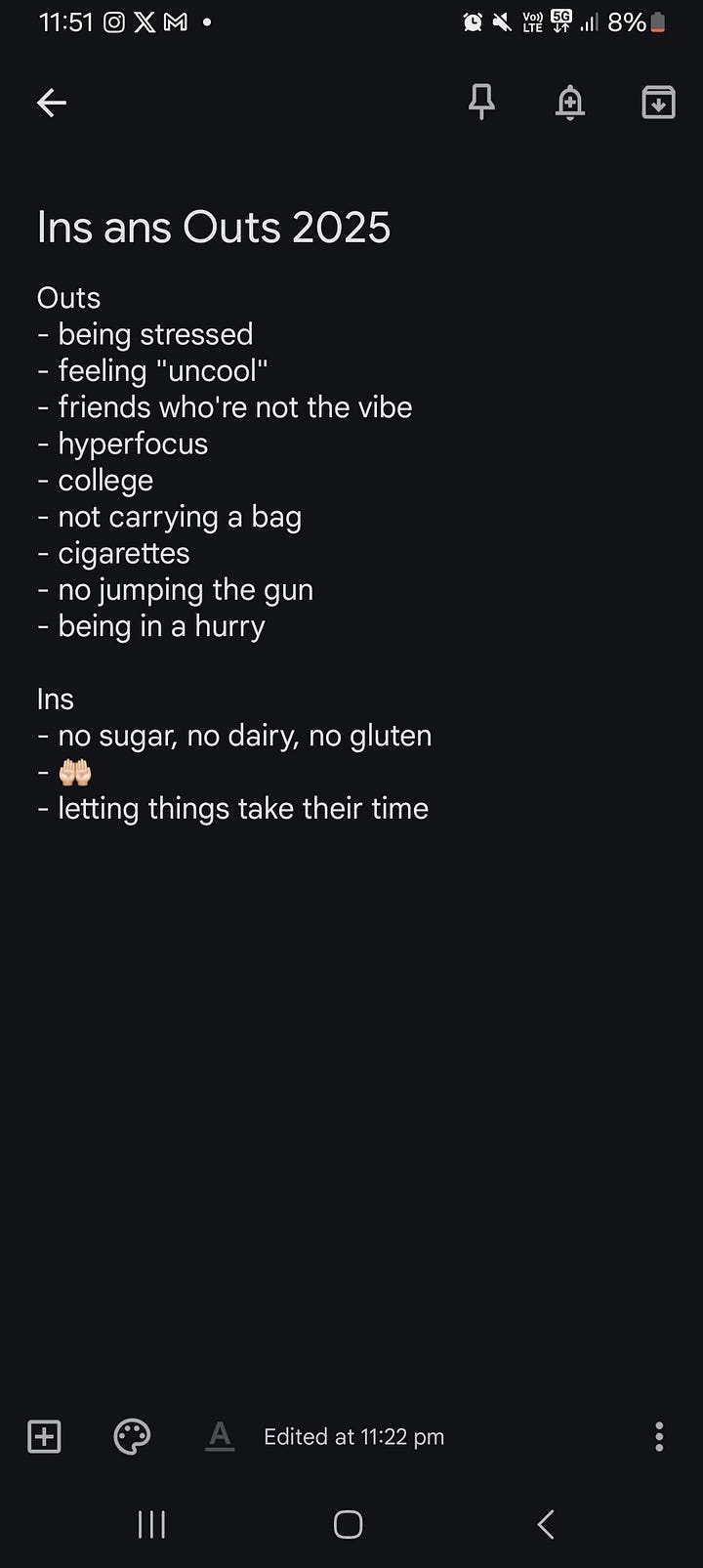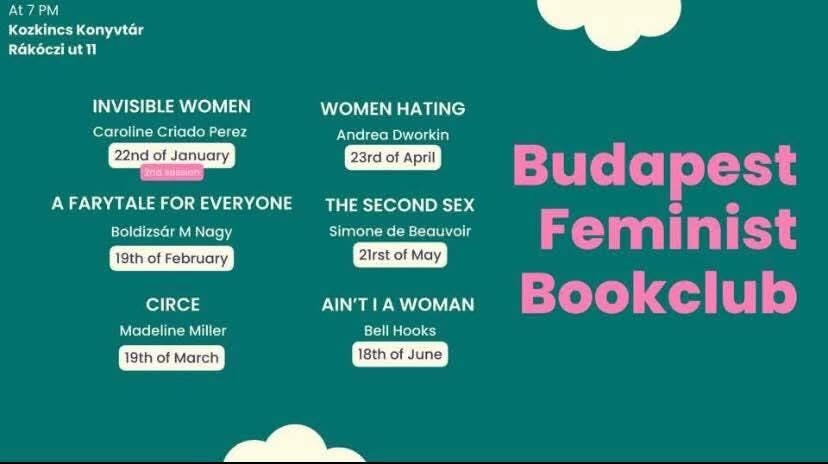Dear Lazies,
Who are we, if not the words we speak? It’s what defines us and sets us apart. Language has been instrumental in the construction of individual personhood and identity. For this month’s edition, we look at what languages mean to us – and what the act of expressing — verbally or non-verbally, implies. As we juggle between mother tongues and lingua francas, it’s important to heed the significance of language — the interface between us and the other, between our internal self and the external world. It’s also the month of Cupid — and we have an exciting line-up of Valentine’s themed articles for you from the Lazy Women website.
So, while we await the spring breeze, take a seat and ease into the coming period of transition with some reflection and introspection.
This issue features an illustration from Juli Jásdi
Your Lazies
Lazy Julie:
February 21 marks International Mother Language Day, and it’s no coincidence that we chose language as our February newsletter theme. Most of us Lazies are emigrants who’ve had to navigate learning a new language (or two) at some point. I’m a linguist, so naturally, my life revolves around languages: I teach, translate, write, and learn. I’m often puzzled when people ask how many languages I speak. I picked up three from my environment as a kid, one more just for fun, two at university, two others in the countries I lived in, another while spending time in a detention center, and one more just to stay in shape. You get the gist — I’m losing count.
The paradox is that, despite all those languages, I don’t fully feel like myself in my mother tongue, Russian. My close friend will never let me get away with this— she’s the one who has to endure my voice messages filled with ‘umms’ and ‘ahhs’ as I struggle to find Russian equivalents for the English words in my head, make childish mistakes, and mix up cases. Another example: I’m learning Italian now, and I literally begged my teacher to work with me in an IT-EN pair instead of IT-RU, as the latter gave me immense brain fog. I didn’t even know that was a thing!
I often find myself in the pretty much imposter’s situation. My Russian-speaking friends occasionally laugh, saying I’ve become a stereotypical girl who moved abroad, forgot her roots, and now pretends she can’t speak her native language. Meanwhile, my international friends are surprised to learn that English isn’t my first language. Languages inevitably shape our identities — I’m more confident, chatty, and fun in English, while in Russian, I’m more sardonic, melancholic, and direct.
Naïka’s song ‘Layers’ got me thinking about this whole identity issue again. Go listen to it. And do tell, what language do you feel most comfortable in?
Lazy Lucie:
Having lived on and off in five/six different countries, learning new languages has been an integral part of my routine and one of my most cherished hobbies since early childhood. However, and perhaps paradoxically, the first thing that came to my mind when I saw this month’s newsletter topic was dancing: not a language in a linguistic sense but a form of communication nevertheless. After a 10-year hiatus, I started dancing again last month – a prospect that terrified me at first but that I am incredibly grateful for. Set in an extremely multilingual environment, my dance classes reminded me once again of the importance of non-verbal communication: in situations like these, words tend to be pointless, as we let ourselves be guided by gestures, other people’s eyes, the flow of the music, and our simple proximity to each other. This has brought my attention back to my body, as I re-learn to listen to its needs and desires and, invertedly, find a new language that helps me understand myself.
You can listen to Lucie’s musings on different forms of languages and troubles with her native tongue in this episode of the Lazy Women podcast.
Lazy Maria:
“There is nothing to hide under all this sun.
And your hand moves to your throat
to make sure you are still the speaker (...)”
Ocean Vuong
10 am. Sunday. Budapest sounds from afar. Venezuela is even less hearable. Several kilometers of land. A whole ocean playing guard in the middle.
My first year in Hungary was a desperate search for alikeness. The first quest: the similarity of sounds. Target languages: Hungarian and Spanish. I must say that most of the time, it was unintentional. I was doubting my own auditory perception as I was called by the accents, tones and vibration of imaginary Latin American Spanish idioms walking fast by me in the form of a person. Needless to say, those people I contemplated spoke Hungarian, not Spanish. I came to realise I wasn’t drawn by technicalities — I was lured by emotions.
The imprinted feelings in words tied connections between foreign tongues. “I won’t lose whatever makes me feel at home,” I thought. Yet, as Wittgenstein said: “The limits of my language are the limits of my world.” Expansion was inevitable.
Learning Hungarian was like opening new portals. Our thoughts and perceptions aren’t independent of language but profoundly linked. Take my favourite Hungarian word: alma. In Spanish, it means soul; in Hungarian, it means apple. Imagine encountering Plato’s theory of the soul while grocery shopping.
Languages are more than résumé skills; they’re philosophical tools. I picture our conversion into multilingual beings — eternal searchers of new humanity.
And so, I return to alma and Maya Angelou’s words: “A bird doesn’t sing because it has an answer. It sings because it has a song.” Aren’t we all migrating canvases? Raw materials surround us as we construct something new.
We may not have the answer for assimilation into a new alma — soul — but we carry our unique sounds, sung aloud or held quietly within.
February also inevitably brings us to St.Valentine’s Day and the talks on love. Below you’ll find our selected articles tackling the love subject in all its multitude 👇
Real love, baby: the contradictory pressures of modern love by Zsofi
Is self-love the ‘new sexy’? Rethinking confidence culture by Izzi
Married, child-free and happy: why having children isn’t the ‘next step’ by Lucie
Green flags: learning how to be in a healthy relationship by Dorina
And a HUGE Valentine’s Day Special, featuring many talented authors of Lazy Women!

And speaking of new articles, we’ve got one published this month!
Go read ‘Is ‘bitch’ empowering or problematic'?’ by Caitlin Burns, a piece where she reflects on the word that ranges from being a compliment to a sexist insult.
The List — in Women speak by Chaharika
This month’s Lazy List, in keeping with our theme of language lexicon, isn’t exactly a list, but more about what the List means in our lives. The list, in a woman’s life, seems quite significant in defining who she is, or defining who she wants to be. This thought struck me after watching the fourth part of Bridget Jones this week, which led to a marathon of the entire series. Bridget’s perfect self is a reflection of her “perfect list” – lose weight, quit smoking, find a boyfriend, stop dating losers, and be amazing at your job.
A quick scroll through my chats will reveal – my friends and I love discussing our Notes app. What we have to get done, what’s in and what’s out, what we may forget, and what we must remember. The list is endless (pun intended). My mother instilled in me a penchant for listing. She often texts me her lists, such as appointments, menus, weekly shopping, and vacation checklists.
The term “Lazy List” feels oxymoronic upon retrospection. For women especially, the act of listing is far from lethargy or ease; it is an act of preservation and organisation — we list to stay in control. Much like Bridget, the list for women is a corseting up of our lives because, after all, our lives are replete with duties, expectations, and responsibilities — some imposed by us, some by society.
In India and Hinduism at large, the deification of women is often embodied by the Goddess Durga, an eight-handed manifestation of love, power, and truth – Durga destroys evil, protects those who are innocent, and nurtures those she cares for. She is furious yet adoring, in balance. She is all-consuming and flawless, because even in myth and imagination, only the Perfect Woman is worthy of worship.
All the women in my life have journals stacked with tasks, Notes apps overflowing, Google Calendars blocked out – the List seems like the bridge between how women are conceived and how women really are. We are expected to be all-encompassing and without flaws – mothers, daughters, wives, best friends, workers, colleagues. What we are is human – and human beings forget, fall and fail. But we try to do everything since we’re told that to be a strong woman must be a perfect woman. Where men are portrayed to forget, women are apparently supposed to remember — our lists are far from lazy.
Here are a few pictures of the lists of the women I know, feel free to share yours in the comments!




We’ve got a lot of news to share. Let’s start from our friends’ announcements!
‘Protect the protest’, Europe wide artist call-out from Shado mag! Winners will receive cash prizes and their work will be featured on billboards across London and on the magazine’s website! The deadline for submissions is 24th March. Check the submission form HERE.
Budapest Feminist Bookclub — a great place to meet, read and discuss books for our Budapest-based Lazies! The next meeting, dedicated to ‘Circe’ by Madeline Miller will take place on March, 19.
As for Lazy Women, we’re excited to share that we’ve started accepting new members! You can find more details about our membership programme and its perks here.
To introduce the updated programme and share more about Lazy Women’s mission, we held a Zoom call for our new members and contributors on February 20 🙂. If you couldn’t make it but would like to learn more about the membership, don’t hesitate to reach out to us at hello@lazywomen.com!
✨ We are also excited to be launching in March the little sister of the monthly Lazy newsletter, Dear Lazies, for paying subscribers only. You can read all about it here. ✨
P.S. Our newsletter team is fully volunteer-based. We work on every issue throughout the whole month — picking a topic, collecting submissions and illustrations, writing, and editing.
If you like what we do, you can support our work via a paid subscription option on Substack 👇











Loved this edition! Particularly interesting to read other people's experiences of multilingualism. I grew up speaking Catalan and English, but since English dominated my education, work and social life, I feel a bit like an outsider trying to speak Catalan, having been out of the cultural loop for years. By contrast, switching to Spanish I'm suddenly far more confident, in English far more sarcastic.
I relate to every single word of Julie's testimony regarding my own mother tongue (Hungarian). I think my personality in English - one that developed during my university years, so as an adult - is much more open, funny, sassy than the Zsofi in Hungarian - a bit too direct, not very optimistic.
I wonder how these identities are shaped by the languages themselves, and the history of the nations where they speak it. Any thoughts?